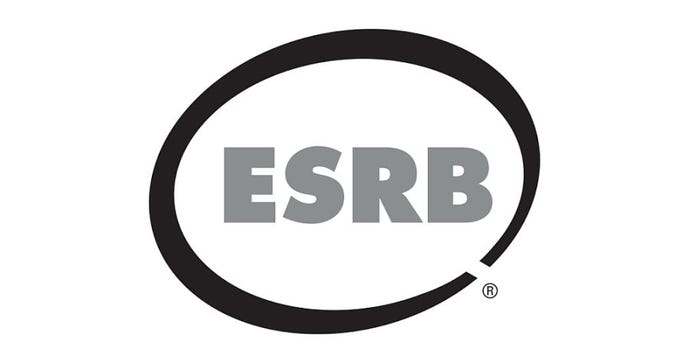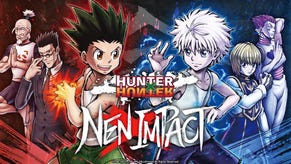ESRB adding "In-Game Purchases" label to titles with loot boxes, other microtransactions
A new label will be added to games in the US noting in-game purchases, the ESRB has announced.
Today, the Entertainment Software Rating Board (ESRB) announced it will introduce a new label to physical games: In-Game Purchases.
The label will also be available "wherever they can be downloaded," reads the statement. The label informs customers ahead of time whether games offer the ability to "purchase digital goods or premiums with real world currency."
This also includes, but is not limited to, "bonus levels, skins, and surprise items" such as item packs, loot boxes, or mystery awards. Music, "virtual coins and other forms of in-game currency," are also under the label, as well as subscriptions, season passes and upgrades such as those which disable ads.
In a press release, the ESRB said consumers can expect to start seeing this new notice in the near future.
“The video game industry is evolving and innovating continually, as is the ESRB rating system. ESRB’s goal is to ensure that parents have the most up-to-date and comprehensive tools at their disposal to help them decide which games are appropriate for their children,” said ESRB president Patricia Vance.
“With the new In-Game Purchases interactive element coming to physical games, parents will know when a game contains offers for players to purchase additional content. Moreover, we will be expanding our efforts to educate parents about the controls currently at their disposal to manage in-game spending before their kids press ‘Start’.”
In a press call this morning, Vance noted the new label doesn't specifically state the difference between loot boxes and other types of downloadable content.
According to Vance, this is due to the "large majority of parents" not knowing exactly what a "loot box is," which the ESRB discovered after doing consumer research, said Ars Technica which was on the call.
Parents who were aware of loot boxes were more concerned with "children spending money."
"It's very important for us not to harp on loot boxes per se, but make sure we're capturing loot boxes but also other types of purchases," said Vance.
To help educate parents on such matters, the ESRB launched a new website, ParentalTools.org, in order to provide parents with information on how to use parental controls to help manage game use in the home, including money and time spent playing.
"Parents need simple information," Vance said on the call. "We can't overwhelm them with a lot of detail. We need to be clear, concise, and make it easy for them. We have not found that parents are differentiating between a lot of these different mechanics."
Vance said the ESRB will continue to monitor the issue as it's an "issue of concern to the gamer community," and will take action if it determines additional measures or guidelines need to be put in place.
Earlier this month, US Senator Maggie Hassan called upon the ESRB to look into loot boxes, and take appropriate action when applying a rating.
Hassan asked the ESRB to investigate whether games with in-game purchases such as loot boxes were marketed in an “ethical and transparent” manner. Hassan, like other US Senators, was worried the random nature of contents included in loot box contents could mirror the “mechanics often found in casinos and games of chance.” The ESRB, though, doesn't believe loot boxes should be likened to gambling.
Months prior to Hassan's open letter to the ESRB, officials from three other states introduced bills which would ban the sale of games with loot boxes to those under 21.










